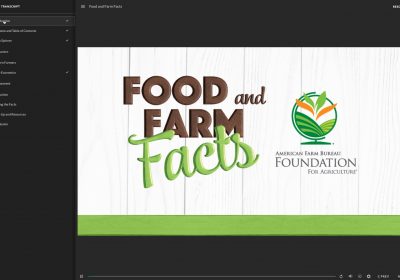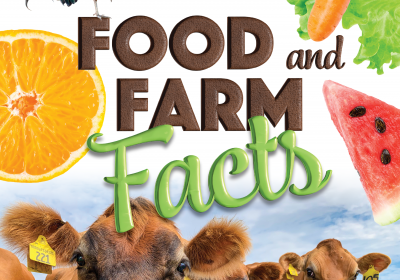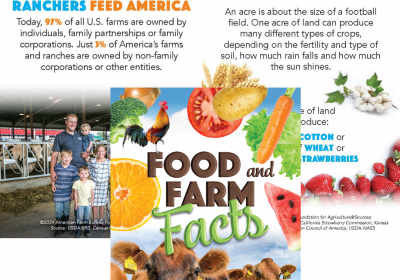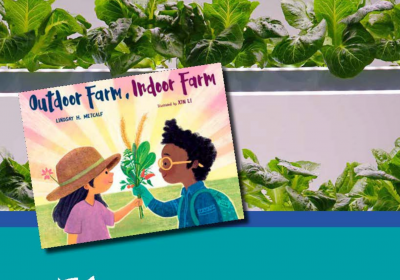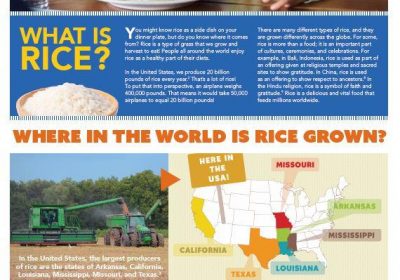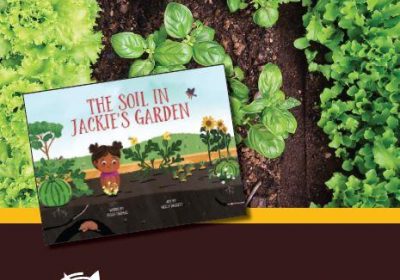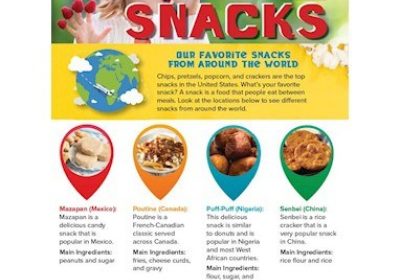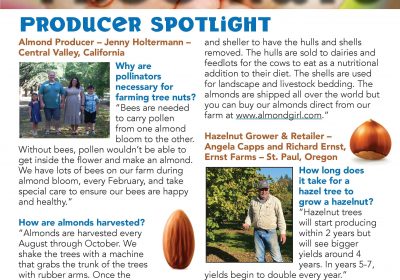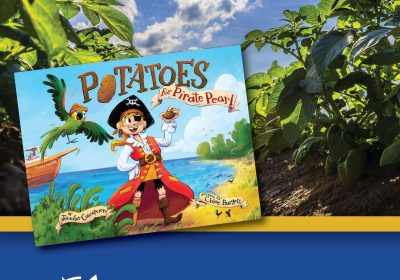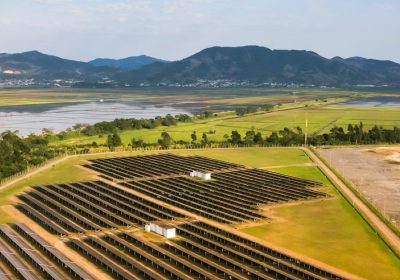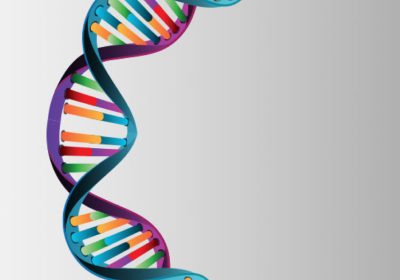Learning Resources For Parents
Initiatives
Featured Resources for Parents



360 Videos



Common Questions for Parents
Not necessarily. Research shows that frozen vegetables can even be more nutritious than fresh vegetables! There are two reasons why. First, frozen vegetables are often left to ripen longer than fresh vegetables. As they ripen and mature, they become full of vitamins, minerals and antioxidants. Second, vegetables begin to lose their nutritional value as soon as they are harvested. Freezing slows this process. Scientists conducted a test on frozen and fresh vegetables. They found that vitamin C in fresh broccoli dropped by more than 50% within one week, but in frozen broccoli it dropped by only 10%. Those only eating fresh, raw vegetables may be missing out on the full nutritional benefit of eating vegetables from a variety of sources.
No. Local is a definition based on location. The Congressional Research Service defined locally grown as “being transported less than 400 miles, or from within the state in which it is produced,” but retailers, states, farmer’s markets and others can come up with their own definition. Organic is a definition based on production method. According to the United States Department of Agriculture, organic farms follow a set of standards outlined in the Organic Foods Production Act. Products are held to these standards all the way from farm-to-table and are subject to regular on-site inspections. Want to find out more about the National Organic Program? Visit www.ams.usda.gov/AMSv1.0/nop
Here are some common labels: Omega-3 Enriched: Ingredients like flaxseed and fish oils are added to hen’s diets to increase omega-3 content. Organic: Hens are not in cages and are raised according to the USDA’s National Organic Program guidelines Free-range: Hens are raised with access to the outdoors. Cage-free: Hens are allowed to roam in open areas. But don’t be confused by the jargon. While an enriched egg may have additional nutrients like omega-3 fatty acid, these eggs still have the same calories, protein and total fat of conventional eggs. When it comes to production method, research suggests the diet of the hens is more important than where they live. Each production system has pros and cons. In order to maintain the egg production needed for the national and global demand, and keep egg prices low, layer houses with conventional cage systems are needed in the egg production process.
Unfortunately, the answer is not as simple as a mere calculation. The United States uses more than one-third of its land for pasture. For more than 100 million people in arid regions, grazing livestock is their only source of livelihood. Half of the land area in the U.S. cannot be used for growing crops and is used as grazing land instead. If cattle, sheep and goats were not grazed on this land, it would be of no use for food production.
No. There is no nutritional difference in the two colors of eggs. Both are good for you and part of a balanced diet. Different breeds of chickens lay different colored eggs. White Leghorns and Golden Comets are common breeds of egg-laying chickens. The White Leghorns lay white eggs, while the Golden Comets lay brown. Often, the color of the egg is the same as the color of the skin around the chicken’s ears. Depending on where you live, you might see more brown or white eggs. There are more brown eggs in the northeastern U.S., and more white eggs in the western U.S.
According to the U.S. Food and Drug Administration (FDA), “FDA has not developed a definition for use of the term natural. However, the agency has not objected to the use of the term if the good does not contain added color, artificial flavors or synthetic substances.” There are many naturally occurring toxins and carcinogens. Nicotine, opium, heroin, morphine and cocaine all come from plant sources. Arsenic, radon, lead and strychnine are all natural. The term “natural” should not be considered a label to help the consumer make a decision.
This general statement is a common misconception. Several naturally occurring pesticides are highly toxic, even carcinogenic. Copper sulfate is highly toxic and shown to cause liver disease. Rotenone is a plant extract found in some species within the pea family. It has received significant attention because of studies indicating a potential link to Parkinson’s disease. All pesticides, natural or synthetic, are reviewed and regulated by the Environmental Protection Agency (EPA).
Yes. American farmers and ranchers are the starting point in our nation’s food chain, which produces the safest food supply in the world. The U.S. Department of Agriculture (USDA) and the U.S. Department of Health and Human Services (HHS) are home to the primary federal food safety agencies. HHS is home to the Food and Drug Administration (FDA) and the Centers for Disease Control (CDC). The Food Safety and Inspection Service (FSIS) is housed at USDA. FSIS is “responsible for ensuring that the nation’s commercial supply of meat, poultry and egg products is safe, wholesome and correctly labeled and packaged.” The FDA focuses on both fresh and processed food products. In addition to the federal agencies, many states have their food safety agencies and laws that govern the production of safe and wholesome foods within their respective states. The CDC’s role is to prevent “illness, disability and death due to domestic and imported foodborne diseases.” The CDC typically becomes involved when a food safety concern or outbreak has arisen.
Featured Books
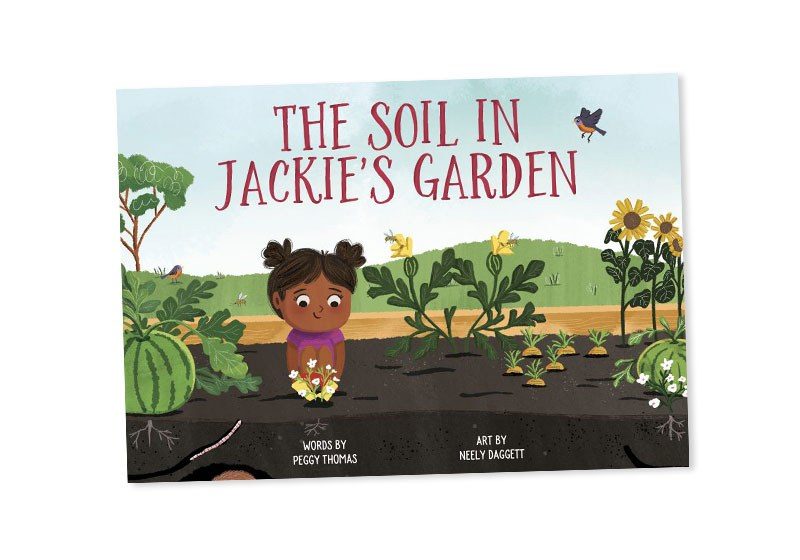
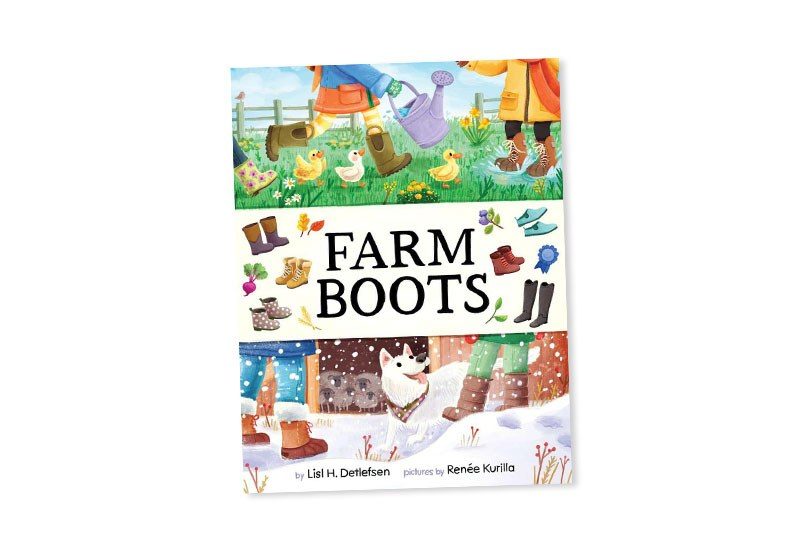
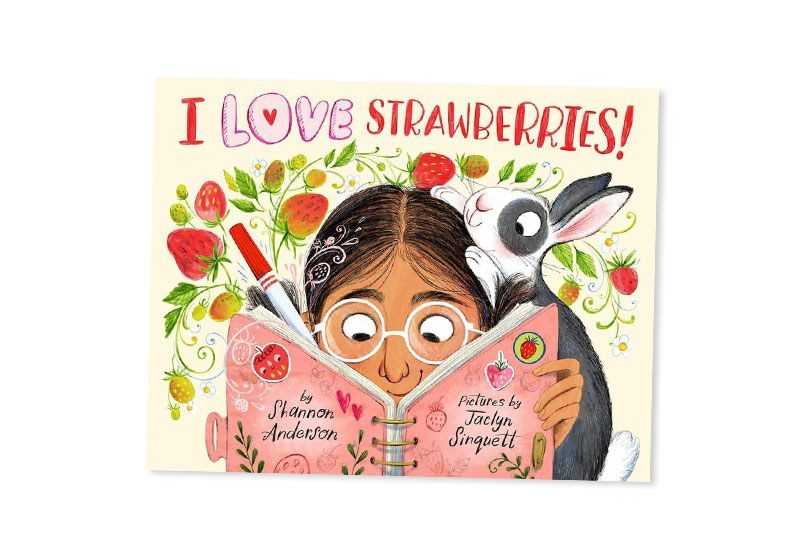
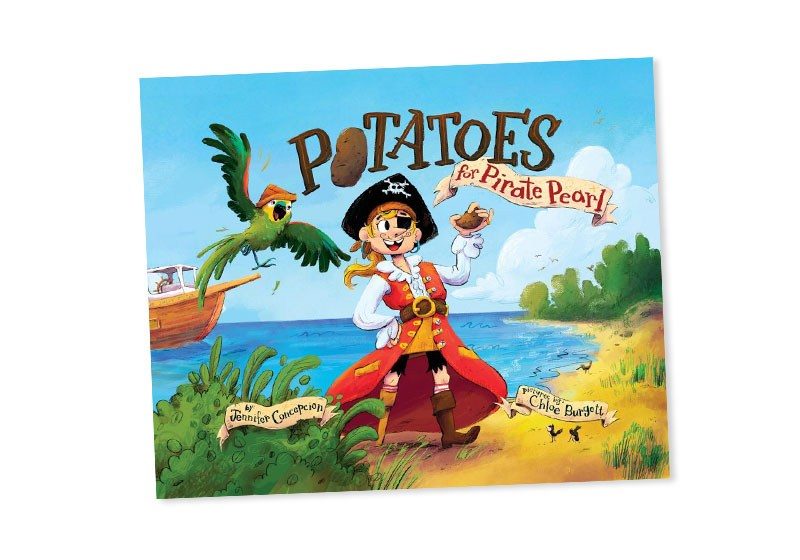
Get on the List!
Enter your email address below to get updates about resources for parents.
Recently Added Resources
